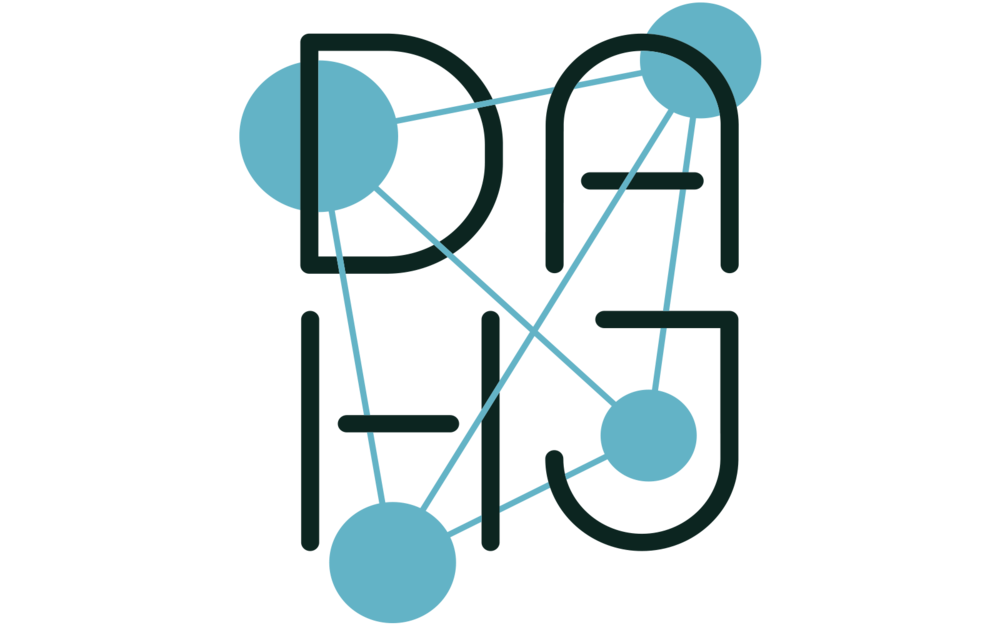Link
https://digitalculture.cah.ucf.edu/
Application Deadline
December 15, 2019
Contact
Co-directors Anastasia Salter (anastasia@ucf.edu) or Mel Stanfill (mel.stanfill@ucf.edu)
Understanding Digital Cultural Institute
“There has been growing awareness of the need for humanist inquiry into the internet platforms and communities driving contemporary culture. From fan communities and discourse about works of literature to meme-makers skewering cultural objects, online spaces enable readership, creation, circulation, and transformation of humanist texts—and the active making and remaking of public history.
However, much internet research is driven by computational approaches without also being rigorously grounded in theories of culture and textual production. Navigating this space can be particularly daunting to early-career humanities scholars. This is where we seek to intervene.
Understanding Digital Culture: Humanist Lenses for Internet Research, a transdisciplinary humanities institute, will be held June 1-5, 2020. Understanding Digital Culture will provide resources, training, and a community of collaborators to engage both computational network and data analysis tools and the ethics and best practices of using the web as a site of research.” (From the institute’s website)
About
“Understanding Digital Culture: Humanist Lenses for Internet Research aims to increase the number of humanities scholars using digital tools for data collection and analysis in internet research. Drawing on the expertise of an interdisciplinary community of humanities scholars spanning digital humanities, information studies, American studies, fan studies, cultural studies, media studies, and games studies Understanding Digital Culture will enable sharing ideas and methods for using digital technologies to advance humanities research and teaching. Specifically, we will provide resources, training, and a community of collaborators to engage both computational network and data analysis tools and the ethics and best practices of using the web as a site of research.
While the overall arc of the workshop will emphasize developing transdisciplinary research questions and methodologies, individual sessions will emphasize developing computational and procedural methods
through gaining comfort with specific tools. Each day, participants will advance on their own project, working towards defining a clear theoretical framework and ethics plan while performing their initial data collection and analysis. Participants will leave with a solid foundation for developing both future research plans and their own pedagogical applications.
The workshop takes a threefold approach:
Preconference readings to expand participants’ understanding of digital cultural research. This will include both work from the workshop instructors and examples from the larger field.
A one-week intensive with a designated mentor. Sessions throughout the one-week intensive will include both small-group work with a designated mentor, chosen due to methodological or content alignment, and larger sessions on tools, methods, ethics, and preservation strategies attended by the whole group.
Post-workshop working groups and mentorship. Designed to mitigate the risk of isolation of participants once they return to their home institutions, these opportunities will include encouragement and support through developing and submitting new work stemming from the methods and approaches covered during the Institute.
Tools
MassMine is “a command line tool designed for researchers to simplify the collection and use of data from online sources such as social media networks” (MassMine.org).
TAGS (Twitter Archiving Google Spreadsheet) is “a free Google Sheet template which lets you setup and run automated collection of search results from Twitter” (tags.hawksey.info).
Orange is an open-source project for data visualization and analysis.
Gephi is an open graph visualization platform coordinated by a consortium seeking to advance network science.” (From the institute’s website)
For more information on how to apply, the tentative schedule, and faculty, please see the Digital Culture Institute’s website.

